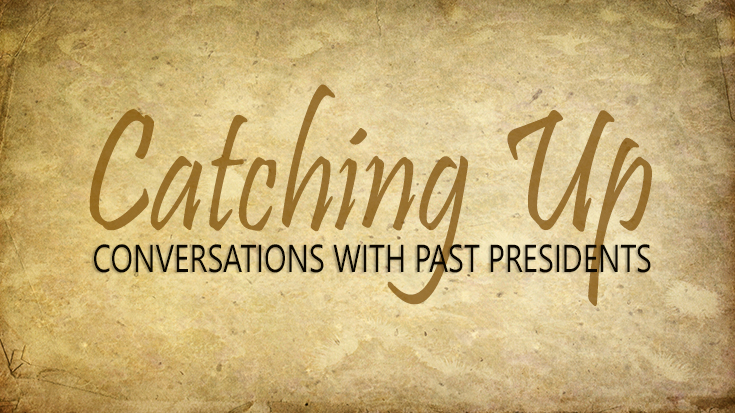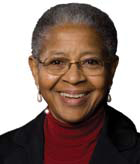

“I continued working in the profession during this time because I was hooked. It was exciting gratifying work and I loved it.”
Dr. Toni Rodriguez
This month in our Catching Up series, we’re learning more about Toni Rodriguez EdD, RRT, FAARC, AARC president 2007-2008.
Describe Your Career Path
Dr. Rodriguez: I started in the profession of Respiratory Care as an OJT in the early 1970s. I was a college dropout looking for a job and answered a newspaper ad for an “Inhalation Therapy Trainee” at Temple University Hospital in Philadelphia. This was an exciting time for the profession as we transformed from IPPB jockeys to agents of change in critical care. I set up BLB masks as well as water PEEP, the Emerson and Engstrom ventilators as well as the MA-1 and contributed to the evolution of the ICU. As our education requirements changed I returned to school first completing an associate’s degree at Allegheny Community College in Pittsburgh and later a bachelor’s degree in biology from the University of Pittsburgh. I continued working in the profession during this time because I was hooked. It was exciting gratifying work and I loved it. Education of fellow respiratory therapists at the bedside came naturally to me so it was an easy transition to the classroom as an educator. For more than 40 years it has been my honor and pleasure to prepare new therapists for the profession. I ultimately earned a master’s and doctorate in higher education from Arizona State University.
Why did you choose to pursue the President Office?
Dr. Rodriguez: I was the first two-year AARC President, from 2007-2008. This was a time of challenge for the profession. Externally we continually faced threats to our scope of practice from other professions and work environments as health care reform generated wave after wave of change. Internally we had the challenge of capitalizing on the changing healthcare environment without losing our identity. As a profession we were evolving faster than employment markets were willing to recognize or pay, establishing a recipe for contention, dissatisfaction and discouragement among practitioners. Given my professional history and having served extensively in both state and national leadership roles, I was in a unique position to see how far we had come as a profession as well as our future potential for growth. I took on the challenge of becoming AARC President to inform and challenge every respiratory therapist to stand firm on their past, take advantage of their future opportunities while maintaining their identity as patient advocates. While we could not control all circumstances related to the healthcare environment, we could control our response to those changes. Each individual therapist has the power to make a difference for their patient and to advance the profession.
What was the most memorable experience during your Presidency?
Dr. Rodriguez: As President I had the opportunity to speak at state society meetings in and outside of the United States. This gave me the chance to meet with grassroots professionals and leadership. The best part of my presidency was reminding them of their past successes and spurring them on to future success. I treasured my interaction with these hard-working, committed respiratory therapists. I believed in them and encouraged them to believe in themselves.
What advice would you give someone interested in pursuing a leadership role in AARC?
Dr. Rodriguez: Just do it—but do it for the right reason. Do everything out of a love of the profession and its commitment to patient advocacy. Start small, start local, build connections and keep up with current issues facing the profession and healthcare. Respect everyone you come in contact with. You may not agree with their point of view, but honor their right to have it. Know when to compromise, but also know what principles to stand on. Cultivate a reputation for honesty and integrity, but don’t forget to also have fun.
How has your membership in the AARC benefited your career?
Dr. Rodriguez: I have been a member of the AARC for almost 50 years and our relationship has been give and take. It is my professional organization providing me with all I need to be a successful respiratory therapist to include: education and science, advocacy, healthcare/professional trends, networking and skill development. The AARC has also provided me with a mechanism to give back to the profession and express my opinions on professional direction and leadership. Our profession would not be what it is today without the AARC, and I have been blessed to play a role in this organization’s mission.